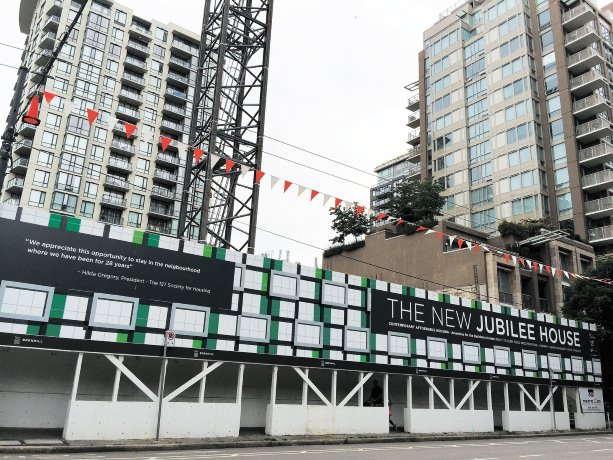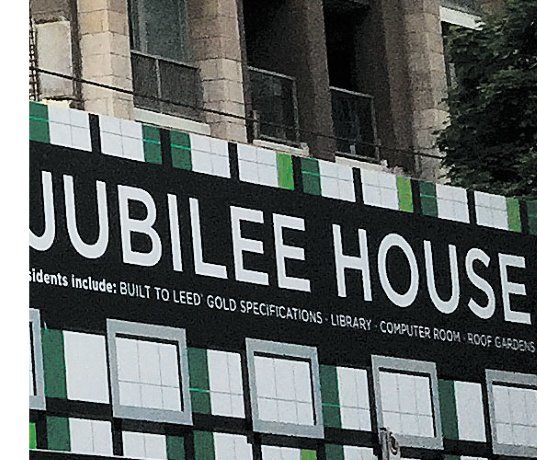The B.C. Court of Appeal has released its reasons for reversing a lower court ruling and allowing a complex land swap deal with the City of Vancouver in its Yaletown neighbourhood.
The courts determined that the city and developer did in fact meet standards for informing the public of the deal and allowing feedback.
"In summary, the chambers judge erred in holding that the city ought to have disclosed more information than it did before the public hearing," wrote Chief Justice Robert Bauman in his opinion.
According to Bauman, when the city is considering rezoning a property, local residents have two important rights.
They have the right to be given information sufficient to enable them to come to an informed, thoughtful and rational opinion about the merits of the rezoning.
They also have the right to express that opinion to the city during a public hearing.
"When citizens feel they have been denied one or both of these rights, they may seek a remedy in the courts by petitioning for judicial review," wrote Bauman.
"However, judicial review has well defined limits. Citizens who disagree with the city’s view of the public interest must seek change through the political process rather than the courts."
In February, a B.C. Supreme Court judge, citing a lack of transparency by the city, killed the 36-storey tower development that was well under construction.
"I have concluded in this case that the public hearing and the development permit processes were flawed in that the city has taken an unduly restrictive view of the discussion that should have been permitted," wrote Justice Mark McEwan, siding with the Community Association of New Yaletown (CANY) in his now reversed ruling.
The city was happy with the reversed ruling.
"The city is pleased that this decision confirms that the processes followed by the city in respect of the zoning bylaw for 508 Helmcken and the development permit for 1099 Richards Street were appropriate and lawful," said Jag Sandhu, a city spokesperson soon after the Supreme Court ruling was released.
"The city responded quickly to the issues raised in the January 2015 court decision, prior to the appeal being heard."
CANY originally took the city to court over a 2013 public hearing that saw the Vision Vancouver-led council approve the land swap.
The deal will see Brenhill Developments trade the city its Richards Street site for Jubilee House, a city-owned social housing property on Helmcken Street.
The Jubilee property contains 87 housing units for residents on veteran’s pensions, welfare or disability.
The deal allows the developer to construct a tower on top of the Jubilee property.
The plan is to build more than five times the density and four times the height the community development plan would allow.
In exchange, the developer would also build a 172-unit social housing complex on its property.
By the time the swap was finalized, the project had been scaled back.
The association took issue with the development and the public hearing process.
It argued the city did not disclose all the details of the plan that it had already made up its mind to do.
Residents also argued that the financial details of the swap showed it would not be favourable for the city or taxpayers.
Brenhill’s property was valued at $8.4 million and the city’s was estimated to be worth $15 million.
Brenhill had also agreed to give the city $25 million in community amenity contributions.

Construction can resume on the New Jubilee House in Vancouver, B.C.’s Yaletown neighbourhood after a recent B.C. Court of Appeal ruling.
Photo: Warren Frey"










Recent Comments
comments for this post are closed